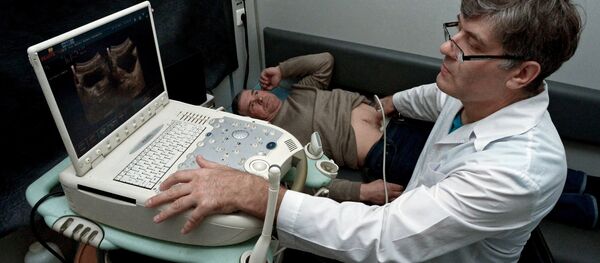A group of European researchers has called on companies that offer DNA tests to provide counselling to their clients. They note that the problem is particularly acute when people discover they are at risk of getting an incurable disease like, for instance, Alzheimer’s.
“Alzheimer’s disease is a major cause of dementia. Twenty or thirty percent of people at the age of 80 have dementia and about two-thirds of them suffer from Alzheimer’s. Three-quarters of the risk of getting it genetic 30 percent,” Professor Hardy said.
When asked what genetic factors actually increase the risk of someone getting Alzheimer’s, he said that by far the major such factor is a gene called apari, which is a very serious risk factor.
He added that counselling should be made available both before and after the DNA test, although people have to realize the psychological impact this could have on some of them.
“When I was working at a genetics lab some 25 years ago I tested myself and it didn’t seem to matter that much. I’m 65 now and I think that, maybe, I shouldn’t have done that because it becomes a more serious risk as you get older and the danger gets closer,” he noted.
“These things reduce the damaged to your blood vessels and your brain and I think those things help,” he noted.
He added that “the advantage of knowing that you are at risk is that when chemical trials come which are aimed at people at early stages of the disease.”
“Of course, when people know they are at risk, they consider those risks more reasonably. So there is also an upside to knowing your genetic risk, John Hardy concluded.




